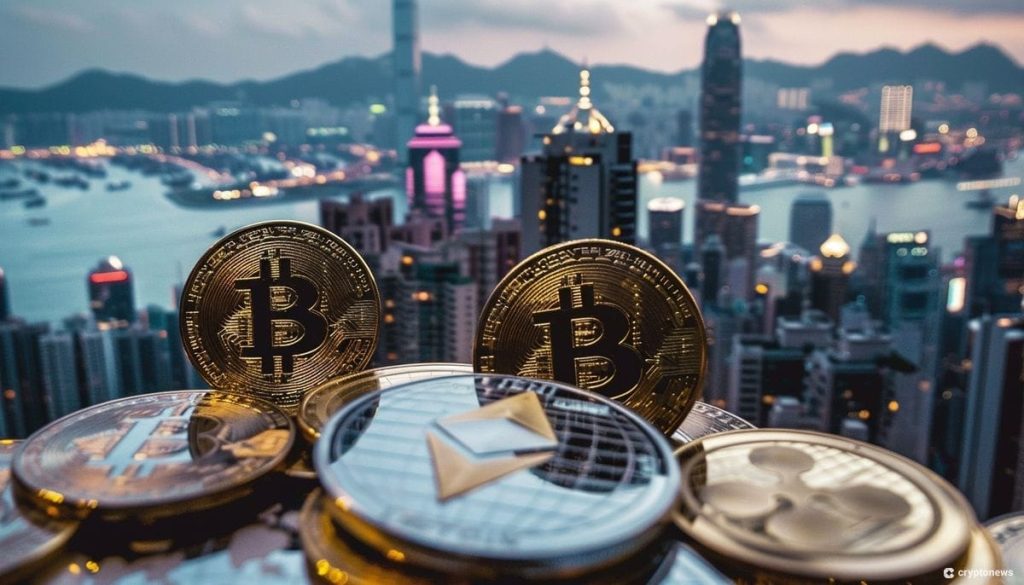Hong Kong is seeking to establish itself as a global cryptocurrency hub, but experts are cautioning that the city’s cautious regulatory approach could impede its growth in the rapidly evolving digital assets sector. Only two fully licensed virtual asset trading platforms are currently operational in Hong Kong, with several other cryptocurrency exchanges waiting for regulatory approval. Vincent Chok, the CEO of First Digital Trust, emphasized the need for faster progress in regulation to keep up with industry developments, as Hong Kong’s conservative and slow regulatory approach prioritizes investor protection over swift action.
In an effort to tighten its grip on the sector, Hong Kong criminalized the operation of unlicensed virtual asset trading platforms as of June 1, making it a criminal offense. The Securities and Futures Commission (SFC) also issued an “alert list” of suspicious and unlicensed trading platforms targeting Hong Kong investors to protect market integrity and consumer interests. Progress has been made in stablecoin oversight, with the Financial Services and the Treasury Bureau (FSTB) and the Hong Kong Monetary Authority (HKMA) publishing findings on local stablecoin regulation. Jingdong Coinlink Technology Hong Kong Limited has announced its intention to issue a stablecoin pegged 1:1 to the Hong Kong dollar (HKD) with recognition from the HKMA as part of its sandbox program.
Despite these regulatory efforts, Hong Kong faces growing competition from other jurisdictions like Dubai, which has been making strides in the stablecoin sector. Tether, the world’s largest stablecoin provider, plans to launch a stablecoin pegged to the UAE dirham in collaboration with UAE-based partners. Some companies in Dubai have already started offering crypto custody services, with the United Arab Emirates allowing Standard Chartered to offer custody services for Bitcoin and Ether. Additionally, Hong Kong recently launched its first batch of ETFs focused on cryptocurrencies, posing potential competition to popular Bitcoin products in the United States, with Harvest Global Investments Ltd. and a partnership between HashKey Capital Ltd. and Bosera Asset Management (International) Co. listing Bitcoin and Ether ETFs in the city.
It is crucial for Hong Kong to expedite its regulatory processes to ensure it does not fall behind in the fast-paced development of the cryptocurrency industry. The city’s focus on safeguarding investors is commendable, but there is a need to strike a balance between protection and innovation to establish itself as a competitive cryptocurrency hub. With the emergence of other jurisdictions like Dubai making significant advancements in the stablecoin sector and offering crypto custody services, Hong Kong must adapt quickly to attract businesses and investors looking to participate in the digital assets market. Collaboration between regulators, industry players, and stakeholders is essential to create a conducive regulatory environment that fosters growth and innovation in the cryptocurrency space.
As the competition in the cryptocurrency sector intensifies, Hong Kong must leverage its strengths, such as its strong financial infrastructure and strategic location, to position itself as a key player in the global digital assets market. By streamlining regulatory processes, fostering innovation, and promoting collaboration between industry participants, Hong Kong can enhance its attractiveness to businesses and investors seeking opportunities in the cryptocurrency space. Adopting a proactive approach to regulation while maintaining a focus on investor protection will be crucial for Hong Kong to stay competitive and capitalize on the growing demand for digital asset services in the region.












